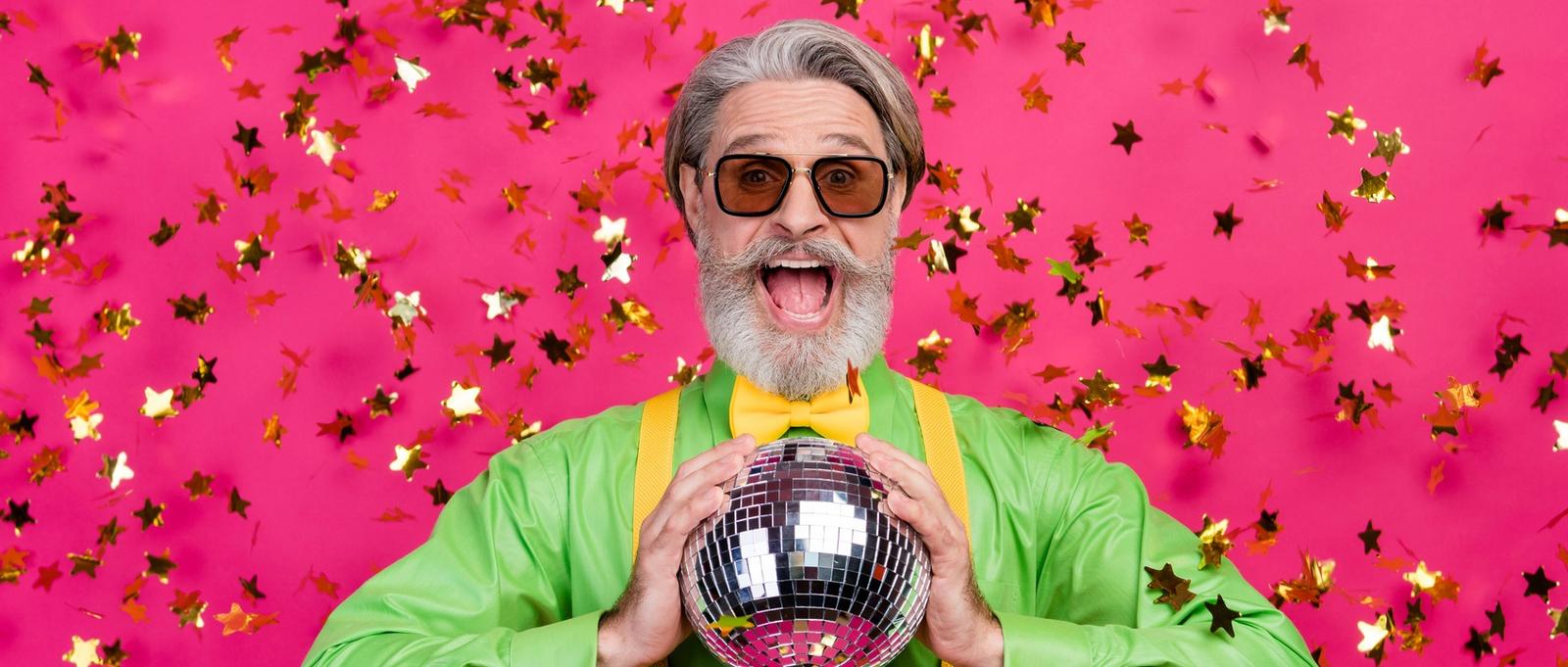
More than just entertainment: Jeanie Y. Chang on K-dramas and mental health
Peer reviewed by Dr Krishna Vakharia, MRCGPAuthored by Victoria RawOriginally published 18 Jun 2025
- DownloadDownload
- Share
Jeanie Y. Chang, licensed marriage and family therapist, is a leading authority on mental health. She's a frequent go-to source for media outlets worldwide, and recently appeared on BBC's Made in Korea: The K-Pop Experience.
South Korean culture has seen a surge in popularity since the early 2000s, captivating the world with a diverse range of exports such as food, fashion, games, music and - most notably - K-dramas. Inspired by her own experiences, Chang believes that K-Dramas can provide validation and a sense of belonging by mirroring real-life struggles. We spoke with Jeanie to explore the appeal of these popular TV shows - why they're worth watching, and how they might positively impact our mental health.
In this article:
Continue reading below
What is a K-drama?
The world's love of Korean dramas - commonly known as K-dramas - has grown stronger in recent years. The rise of social media and the widespread accessibility of online streaming platforms has made it easier than ever for people to explore new worlds, further fuelling the K-drama wave.
With the 2020 film Parasite winning four Oscars and the 2021 Netflix series Squid Game becoming the platform's most-watched show in its release month, Korean entertainment has reshaped the global entertainment landscape, earning widespread international acclaim.
Jeanie Y. Chang, a licensed marriage and family therapist explains that a K-drama is a Korean-language television show typically spoken in Korean. They usually consist of one series with around 9-12 episodes, although some can have up to 20. Thanks to streaming services, K-dramas are now widely available with subtitles, making them accessible to audiences all over the world.
K-drama is celebrated for its unique blend of compelling characters, engaging storylines, and diverse topics.
These topics typically revolve around themes such as:
Coming of age.
Family.
Female empowerment.
Friendship.
Romance.
Social ethics.
Mental health.
Can K-dramas help our mental health?
Jeanie Y. Chang Interview
Not only do K-dramas explore thought-provoking themes, but they also create strong emotions in viewers, who often find themselves deeply invested in the story and characters.
According to Chang, the true power of K-dramas lies in their ability to create realistic personalities. Viewers often feel a deep connection to the characters and their personal journeys, more so than the plot itself.
"I watch K-dramas for my own self-care, and so I naturally brought it into my work," says Chang. "I wanted to find a unique way to talk about things like trauma, healing, resilience, stress and family conflict. K-dramas portray a lot of these stories that we really resonate with."
Chang emphasises that K-dramas' focus on character development offers viewers a unique opportunity for a relatable and often cathartic experience in addressing universal themes that resonate with our own mental health experiences.
While she cautions against using K-dramas as a replacement for conventional therapy, she suggests they still have therapeutic value.
"When you see someone expressing real emotion, you feel validated because that's how you feel too," she says. "For example, grief is a big thing in K-dramas. Not just the loss of a person, but the loss of jobs and relationships - that's all grief.
"When we're watching a story that's showing someone else's trauma - but trauma you still relate to - we're able to process it in a way that's separate from ourselves."
She explains that processing personal trauma can be incredibly challenging. However, when you witness authentic portrayals of similar experiences on screen, it can offer a powerful reflection of your own struggles. These depictions may help you recognise the depth of your grief and the profound impact that trauma has had on your mental health.
Chang says: "It gives us this 'a-ha' moment where we suddenly realise how we've been feeling. We call this externalisation."
K-dramas can be a powerful tool in helping us feel validated in our emotions and experiences - why we're feeling what we're feeling and knowing that it's real and legitimate.
"Mental health is universal no matter what country you're from," explains Chang. "K-dramas are not therapy, but they are therapeutic. They can offer valuable insights into what mental health looks like in everyday life."
To hear more from Jeanie Y. Chang on the therapeutic potential of K-dramas, her thoughts on female empowerment, the importance of belonging, and the challenges of workplace mental health and burnout, listen to our full interview.
Patient picks for Depression

Healthy living
How to be happy: 12 everyday tips
While we might chase happiness through success, status, wealth, or love, it's believed by many that true happiness stems from within. By incorporating small, consistent lifestyle changes, happiness can become a lasting part of life, rather than a temporary feeling.
by Victoria Raw

Mental health
The best mindfulness apps, according to experts
From general self-betterment to stress relief and a better night's sleep, mindfulness apps can be used by anyone interested in their mental wellbeing. We ask the experts which mindfulness apps they recommend to their own clients, and explore the benefits and limitations of each app.
by Amberley Davis
Article history
The information on this page is peer reviewed by qualified clinicians.
Next review due: 19 Jun 2028
18 Jun 2025 | Originally published
Authored by:
Victoria RawPeer reviewed by
Dr Krishna Vakharia, MRCGP

Ask, share, connect.
Browse discussions, ask questions, and share experiences across hundreds of health topics.

Feeling unwell?
Assess your symptoms online for free